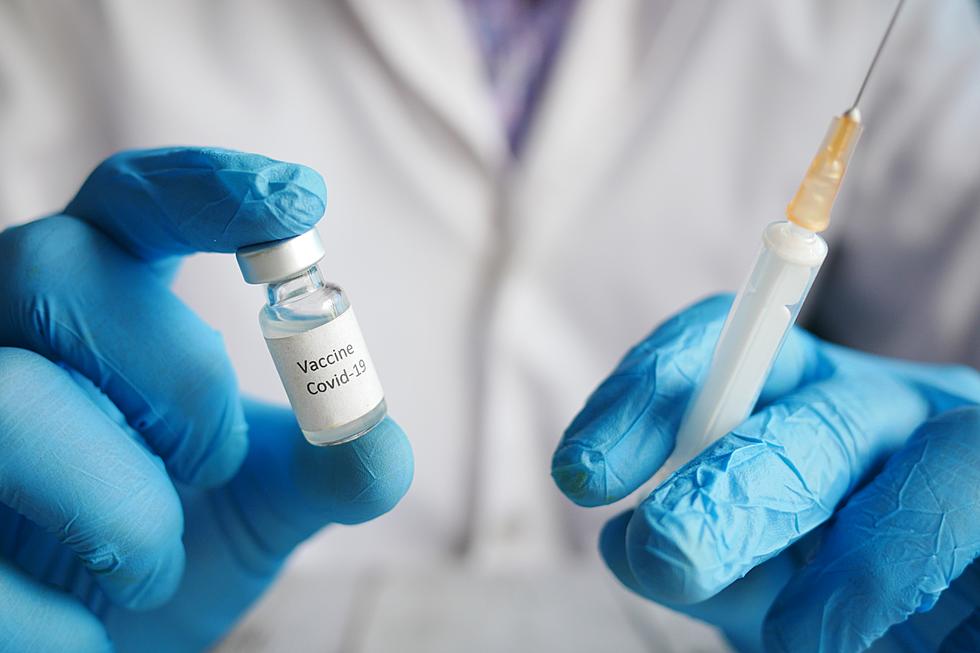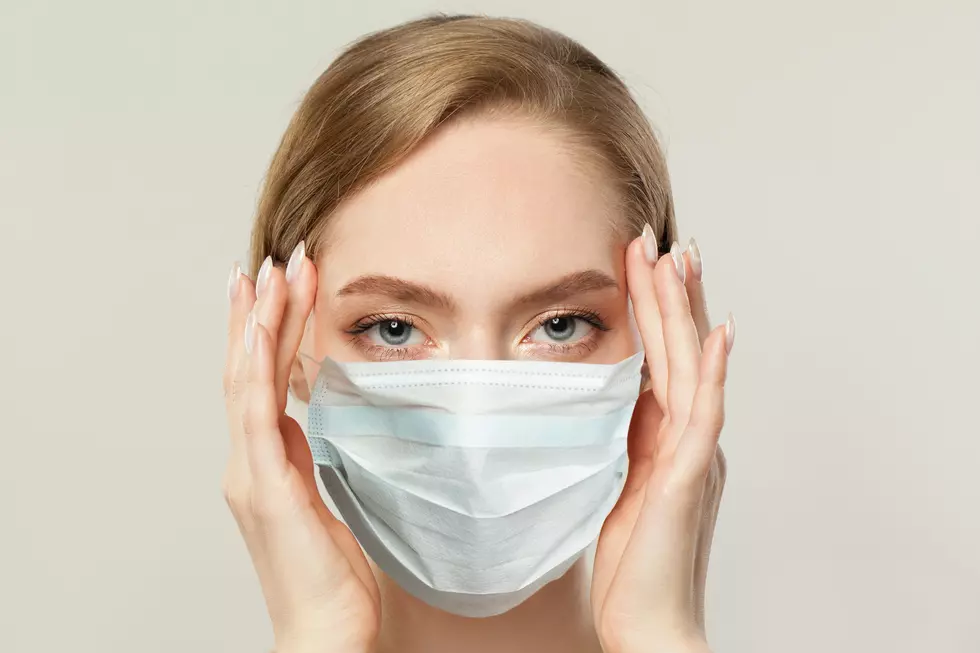
Face Coverings Are Here to Stay and These Are the Best and the Worst for Protection
People either love them or hate them, there’s no indifference, no middle ground, and whether we like it or not, it looks like face masks are here to stay for a while.

Scrolling through social media recently, I learned that there are stores that are coordinating face masks with shirts and selling them as sets. The concept isn’t awful, actually, but I think more people are just concerned about remembering their face mask when they leave their house or vehicle more than they are about it matching their outfit.
Have you held your face mask in your hands and wondered not how it’ll look with your outfit, but how effective it really is? Researchers at Duke University wondered the same and set out to find out.
Duke University researchers took a close look at 14 different types of face masks or coverings to see which ones locked out the most particles. To the surprise of no one, N95 masks came out as the clear winners. Researchers say the N95 masks work the very best and block out the most particles. Almost as good as the N95 masks were the surgical masks, followed by homemade cotton masks that have several layers.
So, what type of face masks/face coverings didn’t test well? Knitted masks with large holes such as scarves which came as a surprise to absolutely no one. Bandanas were also found to lack proper particle protection. The worst of the worst scoring went to neck fleeces. You might not know what a neck fleece is, but what if I were to say, “gaiter.” Now you know what I mean, don’t you? Neck gaiters are so popular, possibly more than masks so it’s disappointing to learn that not only did they rank worst, but Duke researchers say gaiters might make things worse.
Not only do gaiters not block particles well but they break saliva particles into super small droplets and those droplets fly right through the gaiter fabric. What’s more is that when droplets are super small, they’re able to float in the air longer than regular sized droplets and have a better chance of getting someone sick.
How to Properly Wash Your Face Mask
More From 98.1 The Hawk






![Weary of COVID Resurgence, Many Binghamton Area Businesses Update Mask Policies [GALLERY]](http://townsquare.media/site/498/files/2021/08/attachment-GettyImages-89515347.jpg?w=980&q=75)


